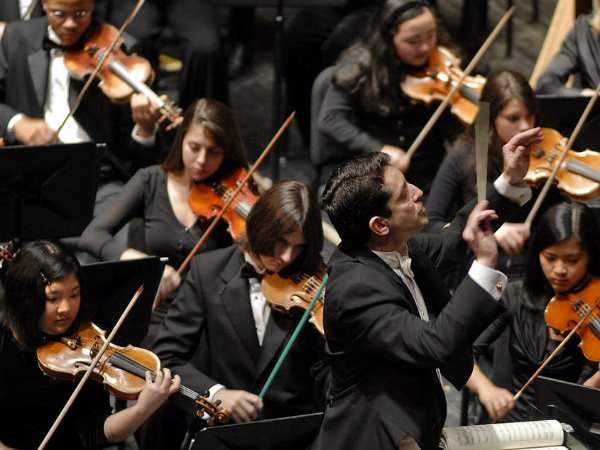PUBLISHED IN PHILADELPHIA INQUIRER POSTED: Wednesday, February 4, 2015 View Online Article Here By John Gerdy
Given that education reform was the biggest issue in the recent campaign, Gov. Wolf has a mandate. The question is, will he have the vision and courage to use it?
School district fiscal realities often force program cuts. Thus, the new governor must call for an honest examination of the role football plays in our schools, and how that team sport compares with other extracurricular activities, especially music, in providing the most effective educational return on investment.
In an environment of declining resources, schools face growing pressure to meet increased standards and expectations. Thus, when program cuts are necessary, tough choices must be made. Traditionally, the choice is often between athletics and arts, with the latter often being the first to go.
But we can no longer sponsor activities based only on anecdotal evidence or tradition. Decisions of such magnitude must be driven by data and a thoughtful, thorough, and clear-eyed analysis.
America's economy has changed from one based on industrial might to one driven by technology, creativity, collaboration, and innovation. Every issue we face, whether related to health care, the environment, or geopolitics, is becoming more complex in this fast-paced and interconnected world. To succeed, we must push a corresponding increase in creativity among our students.
Fortunately, there is a growing amount of research on the impact of football and music on brain function, learning, and health.
In several areas, such as student engagement and teaching character, football and music provide similarly positive impacts. There is little difference between the sacrifices made, lessons learned, and effort required for a team to score a touchdown and what goes into working together to achieve a particular sound.
But the similarities end there.
When considering the broadest, most effective impact over the longest period of time, from an educational standpoint, music programs are far superior to football.
Music has the capacity to be a lifelong participatory activity (for most players, football ends after high school). Music is the universal language (football is uniquely American). Boys and girls can participate in music equally, and such programs have a far lower cost per student compared with football. Music offers great potential as a platform for international and interdisciplinary studies (essential for a modern-day education), and is effective in strengthening brain function (vs. the possibility of brain trauma). Finally, football's effectiveness as a learning tool is compromised as it becomes about winning rather than the process of education.
In short, music produces educational results that are much more in line than football with the challenges presented by a creative, information-based, global economy. Or, stated another way, should the role of our education system be to develop brains or to scramble them?
Does football have a place in our society? Yes. The question, however, is whether that place should continue to be within our educational system or in a private, club sport system.
Let's hope Wolf will take advantage of his education-reform mandate to raise this difficult but important issue. We should welcome the discussion and analysis that would ensue, even if some of the answers might be uncomfortable or inconvenient. If we approach the question honestly, the end result will be better schools serving our children and communities more effectively. Isn't that what we all want and what our nation needs?
John Gerdy (johngerdy.com), of Conestoga, Pa., is the founder of Music For Everyone and the author of "Ball or Bands: Football vs. Music as an Educational and Community Investment." johngerdy@aol.com
Read more at http://www.philly.com/philly/opinion/inquirer/20150204_Football_vs__music__Which_is_better_for_students_.html#p7rTUE1IWRQzphFC.99


